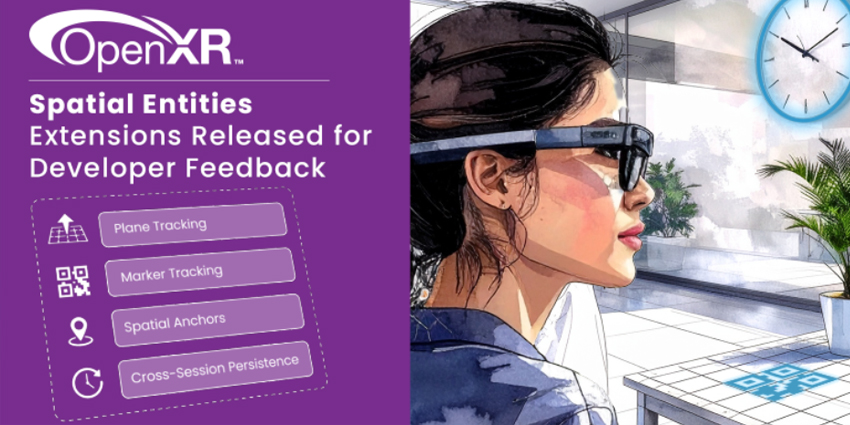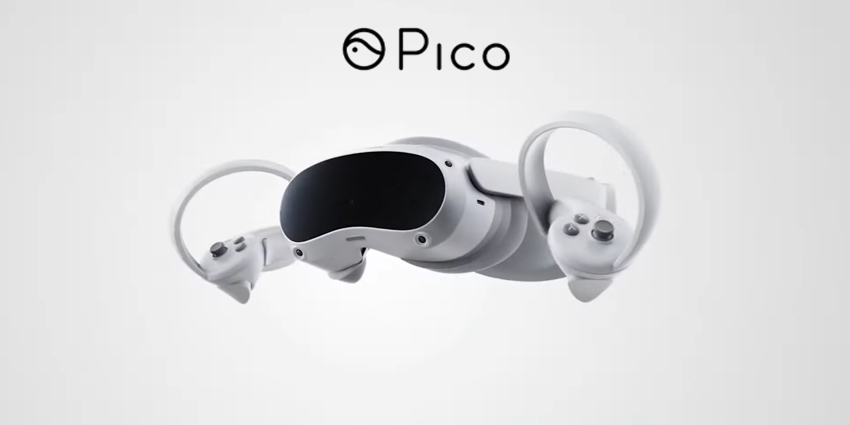Meta has announced that it now allows third-party developers to create applications for its XR products by opening up its Meta Horizon OS. This move will aim to provide a more comprehensive range of applications for its Quest product portfolio. In contrast, Apple is establishing a walled garden ecosystem to support its spatial computing vision, which opposes Meta’s new open approach. It appears that Meta is trying to compete with Apple’s approach to its hardware ecosystem.
However, despite Mark Zuckerberg’s announcement that filled some people with interest in an Android-esc XR OS, ex-Meta CTO and famed video game innovator John Carmack expressed concern over Meta’s recent move.
Carmack stated:
VR is held back more by software than hardware. This initiative will be a drag on software development at Meta. Unquestionably. Preparing the entire system for sharing, then maintaining good communication and trying not to break your partners will steal the focus of key developers that would be better spent improving the system. It is tempting to think this is just a matter of increasing the budget, but that is not the way it works in practice – sharing the system with partners is not a cost that can be cleanly factored out.
Carmack also explained that allowing development partners to access the full Horizon OS for standard Quest hardware “could be done very cheaply and would open up a lot of speciality applications and location-based entertainment systems, but that would be a much lower key announcement.”
Carmack also noted that “Meta already sells the Quest systems basically at production cost, and just ignores the development costs,” so, therefore, Meta open Horizon OS won’t “result in cheaper VR headsets from other companies with Quest equivalent capabilities – even if the other companies have greater efficiency, they can’t compete with that.”
Carmack continued:
What it [Horizon OS] can do is enable a variety of high-end “boutique” headsets, as you get with Varjo, Pimax, Bigscreen on SteamVR. Push on resolution, push on field of view, push on comfort. You could drive the Apple displays from Quest silicon. You could make a headset for people with extremely wide or narrow IPD or unusual head/face shapes. You could add crazy cooling systems and overclock everything. All with full app compatibility, but at higher price points. That would be great!
Moreover, the famed developer noted that the new OS “brings with it a tension.” Carmack explains that “because Meta as a company, as well as the individual engineers, want the shine of making industry-leading high-end gear. If Meta cedes those ‘simple scaling’ axes to other headset developers, they will be left leaning in with novel new hardware systems from the research pipeline for their high-end systems, which is going to lead to poor decisions.”
More on Meta Horizon Store and Open OS
Meta recently launched a new version of its Meta Horizon OS, designed to facilitate XR application and hardware development. The latest OS uses advanced technologies such as high-resolution passthrough, scene understanding, spatial anchors, and body tracking, eventually making it possible for users to experience the metaverse. The Horizon framework is also used to power Meta’s Worlds metaverse platform. Meta aims to create socially connected virtual worlds accessible from headsets, phones, and desktops.
Meta has also launched a revamped storefront called the “Meta Horizon Store,” which will provide a platform for future open Quest applications. The company has partnered with industry leaders such as ASUS, Xbox, and Lenovo to expand its computing ecosystem and improve the number of applications available on its portfolio.
To further reduce the barriers to distribution, Meta has opened up its storefronts, allowing developers to release new titles more quickly.
This move comes after Khronos released an updated version 1.1 of its OpenXR API to help developers create more efficient cross-platform AR/VR/MR applications. OpenXR API is essential for many XR headsets from vendors such as Acer, ByteDance, Canon, HTC, Magic Leap, Microsoft, Sony, XREAL, Qualcomm, Valve, and Varjo. Real-time 3D development services like Autodesk VRED, Blender, Godot, NVIDIA’s Omniverse, StereoKit, Unreal Engine, and Unity support OpenXR integration.
Meta is a crucial part of the OpenXR update, which consolidates multiple extensions into the OpenXR API, reducing the number of different coding frameworks needed to support end devices. Meta welcomes the framework as it journeys to be a leader in interoperable, flexible solutions.







